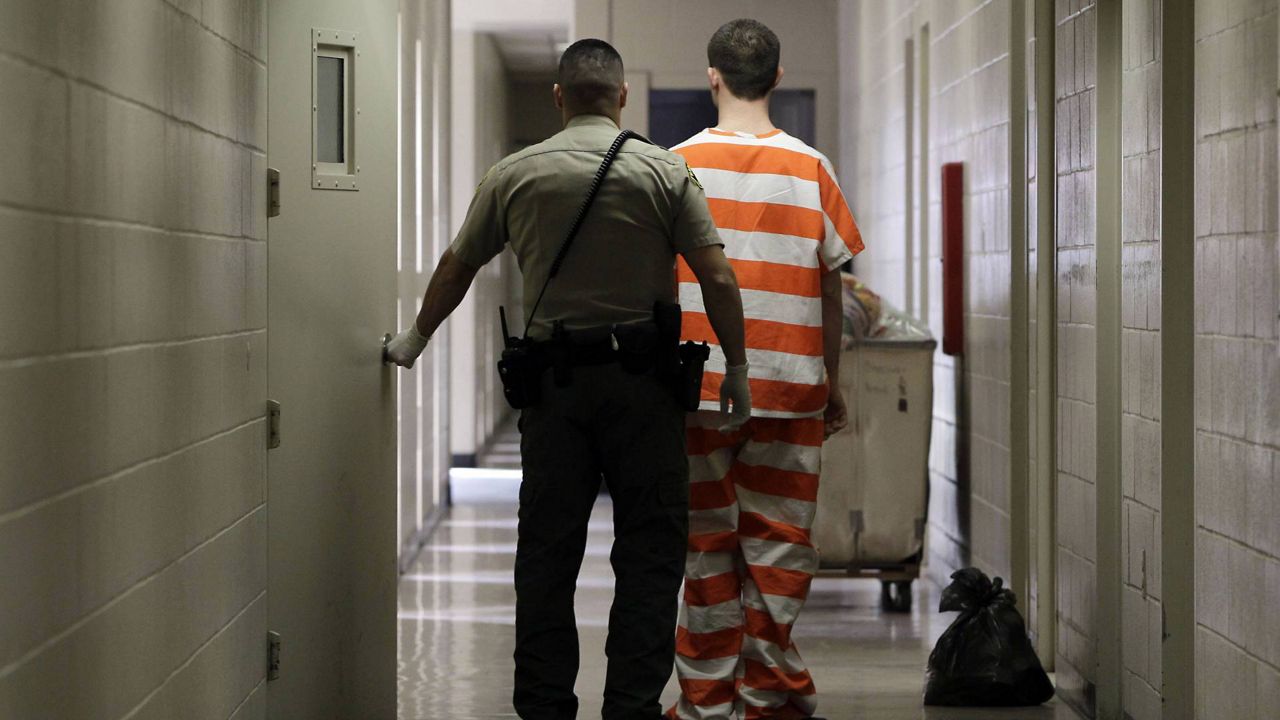LOS ANGELES (CNS) — The Los Angeles County Board of Supervisors voted Tuesday to set up an advisory committee to help guide the allocation of hundreds of millions of dollars guaranteed to be spent on housing, jail diversion, job training and other community resources under newly passed Measure J.
What You Need To Know
- Measure J dictates that a minimum of 10% of the county's general fund revenue be allocated to programs that support its "care first, jails last" philosophy
- Much of the annual allocation will be distributed across five areas
- Once the measure is fully phased in by 2024, $360 million to $490 million is estimated to be at stake
- The balance of the funds are to be utilized for additional investments in alternatives to incarceration
The measure — approved by 57% of county voters — dictates that a minimum of 10% of the county's unrestricted general fund revenue be allocated to programs and services that support its "care first, jails last" philosophy. Once the measure is fully phased in by 2024, $360 million to $490 million is estimated to be at stake.
Supervisor Sheila Kuehl recommended forming a 17-member Re-Imagine LA Advisory Committee to include county department leaders, residents with personal experience in county jails or other aspects of the local justice system, labor representatives and community advocates.
"We are reimagining the ways in which Los Angeles County can meet the health and safety needs of our residents and can build a `care first, jails last' system," Kuehl said. "Measure J and the process outlined in today's motion represent a significant shift in the allocation of resources and smart long-term policymaking which will take root, grow and flourish in the years to come."
As outlined in the measure, much of the annual allocation will be distributed across five areas:
- community-based youth development programs;
- job training and jobs for low-income residents, with a focus on construction jobs building housing and community care facilities;
- access to capital for small minority-owned businesses with a focus on Black-owned businesses;
- rent assistance, housing vouchers and related supportive services for individuals at risk of homelessness; and
- capital funding for a variety of interim and affordable housing projects.
The balance of the funds are to be utilized for additional investments in alternatives to incarceration, including community-based restorative justice programs and community-based health, mental health and substance use treatment.
"Shifting our budget priorities into community investments and alternatives to incarceration is a significant milestone in addressing systemic racism and confronting longstanding economic inequality across underserved communities," said Supervisor Hilda Solis, who co-authored the motion.
The board also approved an amendment by Supervisor Mark Ridley-Thomas calling for the allocation of $1 million of Second District funds to pay for research, evaluation and analysis of aspects of Black life in Los Angeles County. That analysis is intended to inform the work of the county's Alternatives to Incarceration initiative as well as a recently adopted anti- racism, diversity and inclusion initiative.



